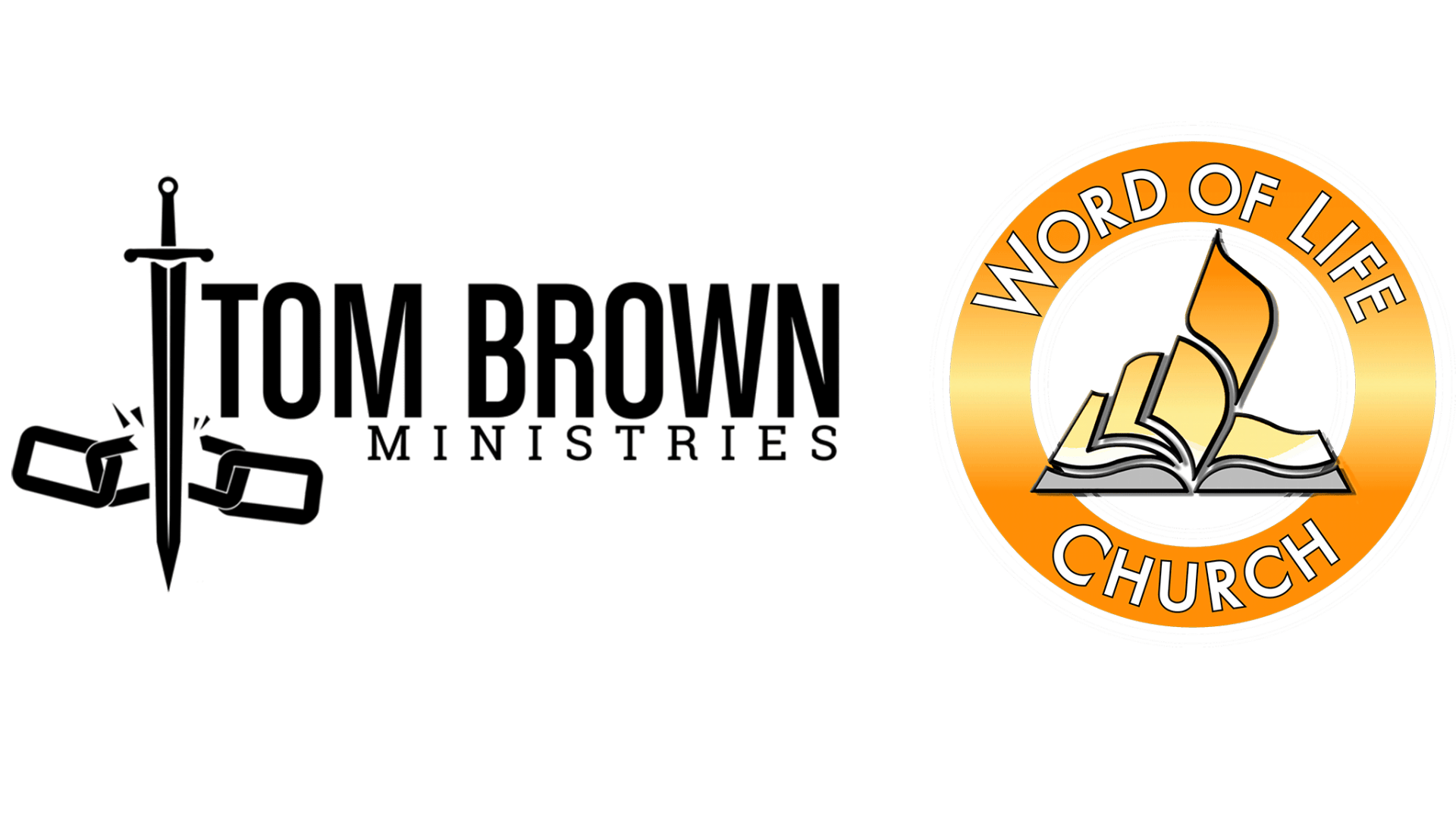
9am - 5pm M-Th
9am-12pm F
11675 Pratt Ave
El Paso, TX 79936
915-855-9673
Was Peter the first Pope?
Today’s Question: Was Peter the first Pope?
Bible Answer: This question undoubtedly is the most important one to answer relative to the claims of the Catholic Church. The reason is simple: the whole doctrine and practice of the Catholic Church rests in the belief that the Pope speaks for Christ, so to disobey him is to disobey Christ. If on the other hand, Peter was not the first Pope then Christians could make the legitimate claim that the Pope has usurped the authority of Christ and has claimed more authority than warranted.
There are two points the Catholic Church has to prove: first, that Peter was made Pope and second that his office was intended to continue throughout church history.
Of course to simply prove Peter was the leader of the early Christians does not necessarily imply that there would be a leader for each successive age with Peter’s authority. However, one could assume that if Jesus made Peter the Pope—the head of all Christians—then He might have intended to continue the role throughout church history. It is my goal to show that Peter was not made Pope, and thus by proving this fact, then the other claim that the office should continue fails. After all, if Peter was not the Pope, then there is no legitimate office of the papacy.
Upon this Rock
So what is the primary proof that the Catholic Church points to demonstrate that Peter was made Pope? They use Jesus’ statement in Matthew 16:18-19, “And I tell you that you are Peter, and on this rock I will build my church, and the gates of Hades will not overcome it. I will give you the keys of the kingdom of heaven; whatever you bind on earth will be bound in heaven, and whatever you loose on earth will be loosed in heaven.” The argument made by the Catholic Church is this: Jesus gave Peter the keys of the kingdom of heaven, so he alone had the authority to bind and loose.
If Jesus had clearly given Peter supreme authority over all the apostles, then the other apostles would have known it, however, at the Last Supper "a dispute arose among them as to which of them was considered to be greatest" (Luke 22:24). They clearly did not interpret Jesus' words to mean that Peter was the "greatest" among them or else they would not have argued about it. Another good point we find in this passage is Jesus' response. He did not resolve their dispute by reminding them that Peter was the supreme apostle, rather, He encouraged them all to be servants. The Catholic Church never-the-less construe Peter's keys to mean that he alone was the head of the Church.
However, another problem with their argument is this: Jesus gave not only Peter the power to bind and loose, He gave this power to all His disciples. Look carefully two chapters later. Jesus said the same thing, “I tell you the truth, whatever you bind on earth will be bound in heaven, and whatever you loose on earth will be loosed in heaven” (Matt 18:18). Who was Jesus speaking to when He made this statement? Matthew 18:1 reveals He was speaking to all His disciples: "At that time the disciples came to Jesus and asked, 'Who is the greatest in the kingdom of heaven?” From this question Jesus gave a lengthy explanation of the role of leaders and there He repeated what He said to Peter earlier that they can bind and loose, thus this proves that all the disciples had the same power that was given to Peter.
In response to this the Catholic Church argues that the bishops and cardinals represent the other disciples who have the power of binding and loosing, so their argument is that bishops and cardinals have “similar” powers of the Pope, for they point to the fact that the Pope is elected by the cardinals and so they give the Pope its powers through election, and so in that sense they have powers to bind and loose. However, I would argue Jesus did not give the disciples “similar” powers, but He gave the disciples “equal” powers. Neither of the apostles was to use their authority over the rest of the apostles. In Catholic practice the Pope uses his authority over all the cardinals and bishops.
This argument I am presenting is not new, nor does it originate with Protestants. The Eastern Orthodox Church split from the Western Roman Catholic Church over this same issue. According to the Orthodox Church, the major bishops in their provinces have always shared power together, until the Bishop of Rome declared himself the Vicar of Christ and demanded submission from the other Bishops. The four leading Bishops broke away from the Roman Bishop over this issue. So you can see this claim by the Catholic Church is divisive.
Personally, I have no problem with the Pope claiming headship over only the branch of Christianity he serves, but he claims universal headship of all of Christianity. And more than that, he claims sole mouthpiece to speak infallibly in matters of faith and practice. It is these claims we cannot accept, and there is nothing in Matthew chapters 16 and 18 that gives the Pope the right to make these claims.
Church begins in Jerusalem
Let’s look at the historical development of the early church. I find it interesting that the Catholic Church claims headquarters in Rome with Peter’s chair there when in fact the early church’s original headquarters was in Jerusalem with James as the leader.
Acts 15 records an important issue that came up to the apostles. How were they to deal with Gentiles becoming Christians? Paul and Barnabus begin by sharing their wonderful stories of the conversion of Gentiles. After much discussion Peter gets up to offer his opinion that Gentiles should not have to follow the Law of Moses and so he agrees with Paul and Barnabus. But in the end, it is James who has the last word: "When they finished, James spoke up: 'Brothers, listen to me” (Acts 15:13). James then explains that Scripture foresaw the Gentiles becoming Christians and so they shouldn’t make them follow the Law of Moses.
From this incident we see that the first Church council did not take place in Rome with Peter as the head, but in Jerusalem with James leading the group. Paul confirms that James was the main leader at the time, for he writes, "James, Peter and John, those reputed to be pillars, gave me and Barnabas the right hand of fellowship when they recognized the grace given to me" (Gal 3:9). It was the custom in those times and even to a certain extent in our times to place the most important person first on the list. Peter is placed first when it comes to the list of the twelve original apostles, however, James becomes a believer after the resurrection, and interestingly appears to be the leader, and Paul affirms it by placing his name first on the list. The Catholic Church cannot scripturally make a claim that Peter was the first Pope when the scriptural evidence clearly demonstrates that he was not even the chief apostle.
Not only does the scripture show otherwise, but Paul exercises his right to correct Peter. "When Peter came to Antioch, I opposed him to his face, because he was clearly in the wrong" (Gal 2:11). How dare Paul rebuke the Pope, if indeed he was the Pope! From this passage I see clearly that Paul did not consider Peter “above” him. In fact, in this epistle he says, "For God, who was at work in the ministry of Peter as an apostle to the Jews, was also at work in my ministry as an apostle to the Gentiles" (Gal 2:8). They saw themselves as “equals” for the apostles in Jerusalem gave Paul "the right hand of fellowship".
In speaking of the Pillars of the church, he writes, "They agreed that we should go to the Gentiles, and they to the Jews" (Gal 2:9). This is a very important scripture. It shows clearly that every apostle had a limitation to their authority. Their authority was not universal. Paul did not usurp the authority of the apostles in Jerusalem, but he expected them not to usurp his authority over the Gentile churches that he established. This passage proves beyond a reasonable doubt that there was no “universal and total supreme” leader. They ruled where they worked. If they did not work in a certain region, they did not exercise authority in that region. Simple as that!
Was Peter Bishop in Rome?
A side note. There is no scriptural proof that Peter was the founding bishop in Rome. When Paul writes to Rome, he never greets Peter in the letter, which proves conclusively that Peter was not in Rome so he could not be the founding Bishop. It is true, he probably was crucified in Rome, but dieing there does not make you a bishop there.
At one time Peter was probably in Rome, for he mentions it in 1 Peter 5:13: "She who is in Babylon, chosen together with you, sends you her greetings, and so does my son Mark." It can be argued that Babylon was the code name for Rome; however, some believe Babylon was an actual location that Peter was in, and not Rome. Regardless of one’s view of Babylon, it does not mean Peter was the founding bishop there. He may have been there at one time, but there is no reason to assume that Peter was setting up headquarters in Rome and thus setting up the pontificate. So if Peter was not the founding Bishop in Rome, how could the Roman Catholic Church argue that Peter was the first Pope?
I think the burden of proof is on the Catholic Church to prove otherwise, and there is no scriptural proof that Peter was the first Pope. On the contrary, there is plenty of scriptural proof that Peter was not the first Pope.
Comment
Thank you for your comment.
We will look at it and get back to you if you requested that we do so.
Please try again later.
